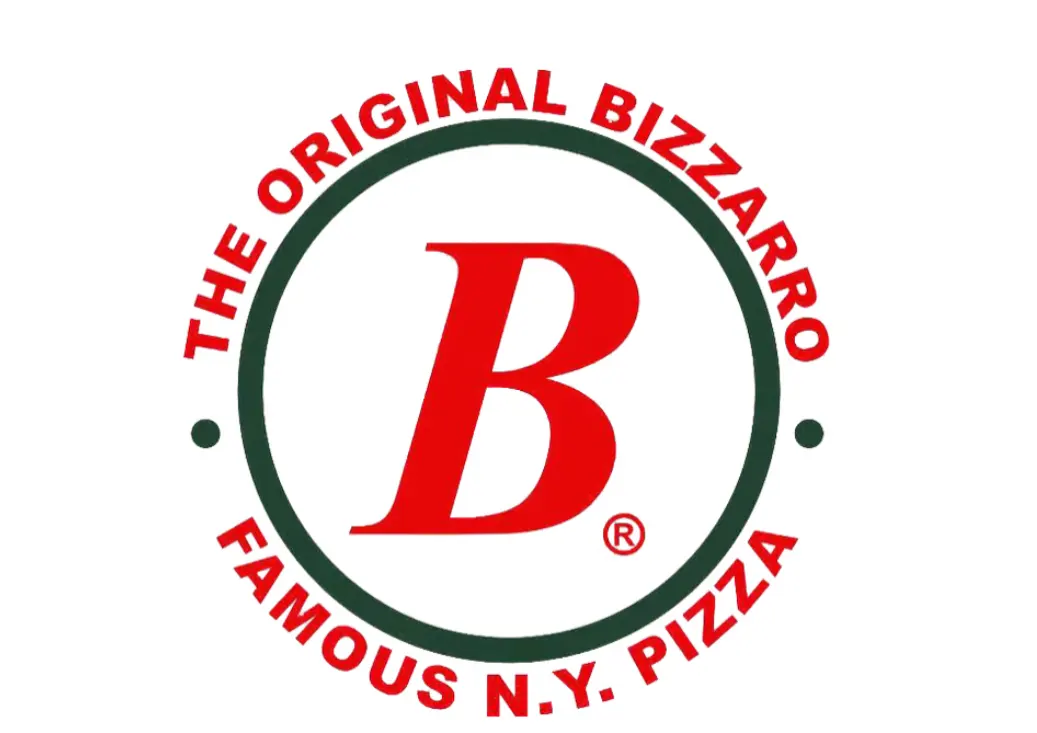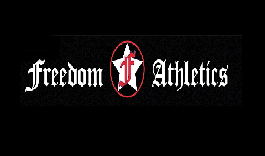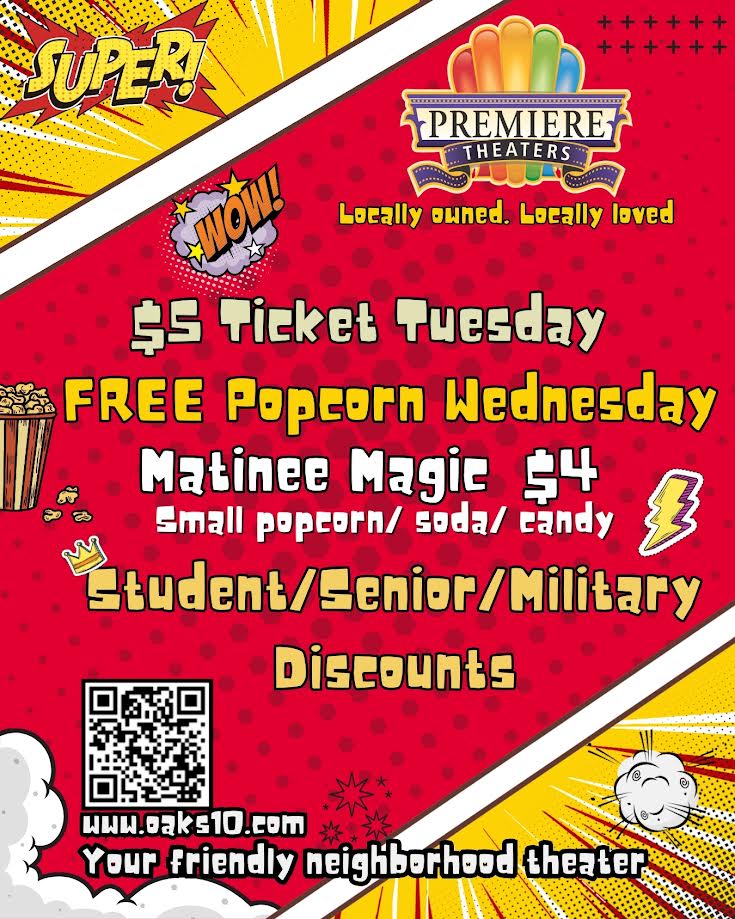Lets Not Hit The Book
November 9, 2022
At first glance, a public library may not seem like a special place. Even if you haven’t visited one in a while, you will likely recall its frigid, silent atmosphere. To some, this may be a comforting escape from their hectic life, for others, it may more-so resemble a morgue. Despite any perception you might have, you should never judge a book by its cover.
Libraries are bustling with resources and life. Inside each of these buildings is a plethora of information and knowledge at your fingertips. Libraries have served as incredibly valuable assets to communities for hundreds of years. However, today they face unprecedented challenges from state legislators and local groups.
According to the American Library Association’s Office for Intellectual Freedom, 681 attempts have been made to ban or restrict library materials this year. These works usually have involved discussion of LGBTQ+ identities or “critical race material.” The basis of these complaints, whether from legislators or concerned parents, have been that they expose children to possibly harmful ideas and lifestyles.
“Efforts to censor entire categories of books reflecting specific voices and views shows that moral panic isn’t about kids: it’s about politics,” ALA President Lessa Kanani’opua Pelayo-Lozada said. “Organizations with a political agenda are spreading lists of books they don’t like.”
Libraries operate as public forums, meaning that they enjoy the protections of the First Amendment. While this might put them in a slightly better position than school libraries at opposing book restrictions, public libraries face an entirely different beast: funding deficits.
Across the nation, libraries are enduring threats to their budgets and even eviction notices from local governments. In Jamestown, Mich., the Patmos Public Library had 84 percent of their annual budget cut due to parents accusations of promoting LGBTQ+ ideology through certain available books. Libraries are underfunded as it is, which allows these threats to put them at the mercy of local political agendas.
So why should you care? Libraries offer more to the community than you might think. They provide free Internet and computer access, which today is a necessity that is taken for granted. For underprivileged people who may not have consistent Internet access, this is a crucial benefit. Furthermore, public libraries act as a safe haven to those who might not live under stable home conditions. They offer a quiet environment for those looking to study, work or simply enjoy themselves. Libraries also have various children’s programs that help foster creativity and education. All in all, they are a sustaining force for local communities and allow them to prosper. Drastic budget cuts, therefore, are an actively harmful force.
As election season ramps up, these threats will simply increase to fuel American political theater. It is our job to support and protect local libraries. One way to do this is to obtain a library card, which is free and incredibly easy. This allows libraries to report a greater number of patrons which translates into increased state funding. Even if you never wish to step foot into a library again, this simple process goes a long way to help preserve a lifeline within your community for others. You can also write to your legislators and address your concern for the necessity of public libraries.
Efforts to block and censor certain information in a space that is dedicated to knowledge should be concerning for everyone. The opinions of a few angry parents should not dictate what citizens can or cannot read, especially in a public forum like a library. Ironically, the very thing that staunch proponents of these restrictions are doing to “protect” children is actually harming them. Libraries promote literacy, imagination, culture, and knowledge. Moreover, exposure to a vast array of viewpoints enables critical thinking and open-mindedness.
Nicolle Davies, the assistant commissioner of the Colorado State Library, said, “There is a motto in public libraries that says, ‘If you have a good collection, there should be something to offend everyone.’”


![Sophomore Isabelle Gaudry walks through the metal detector, monitored by School Resource Officer Valerie Butler, on Aug. 13. “I think [the students have] been adjusting really well," Butler said. "We've had no issues, no snafus. Everything's been running smoothly, and we've been getting kids to class on time.”](https://westshoreroar.com/wp-content/uploads/2025/08/IMG_9979-1200x800.jpg)












































